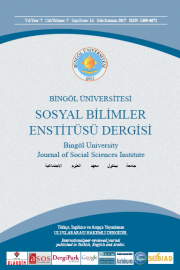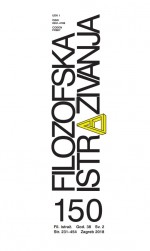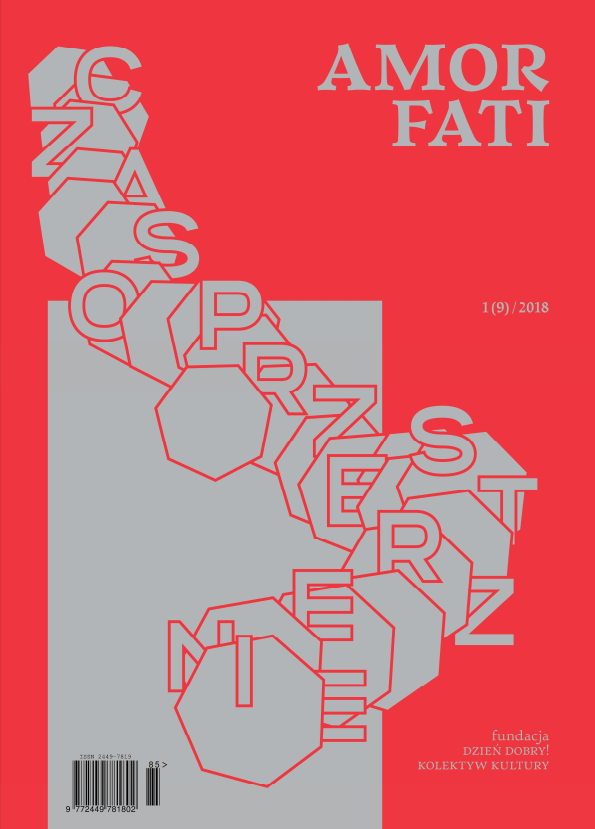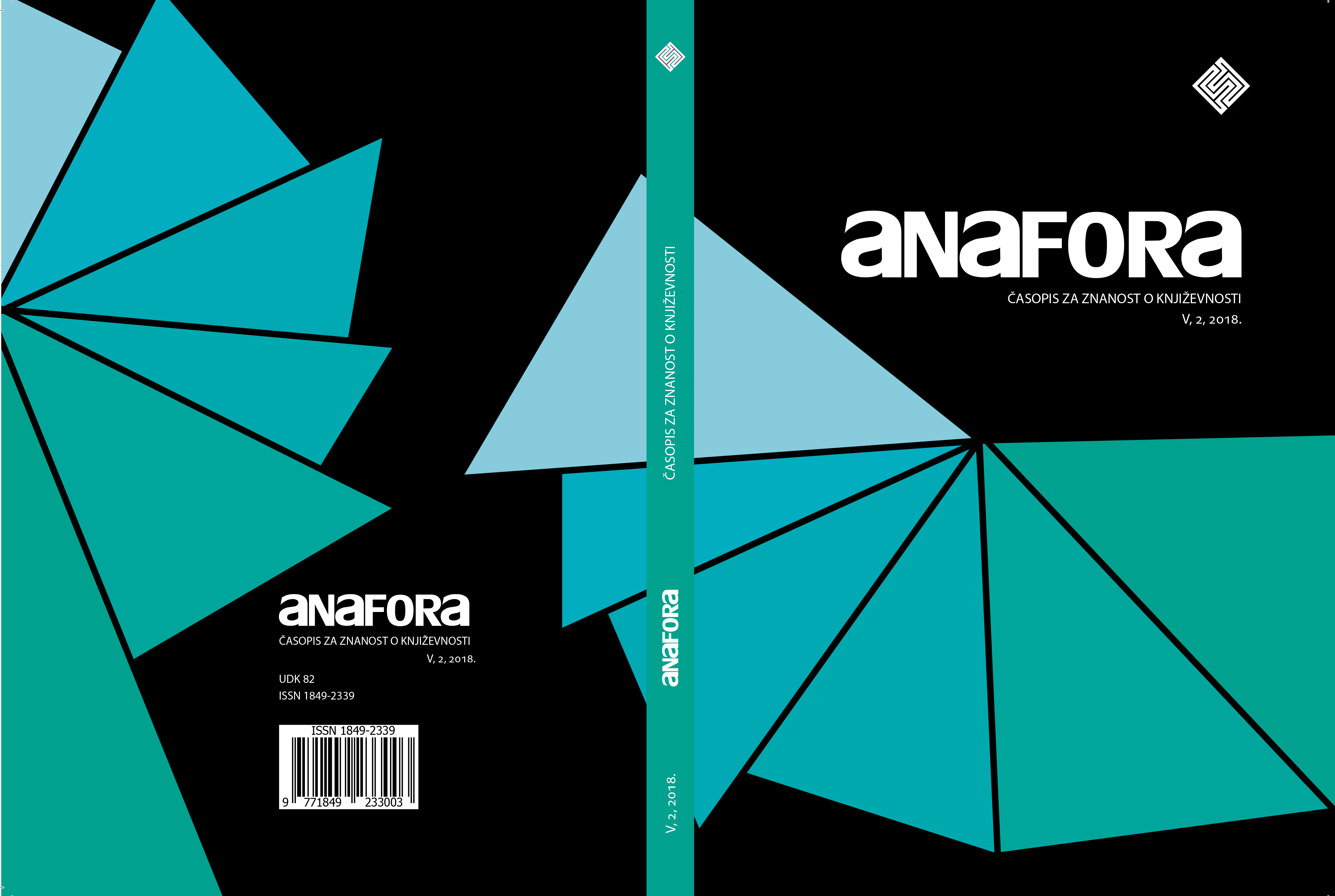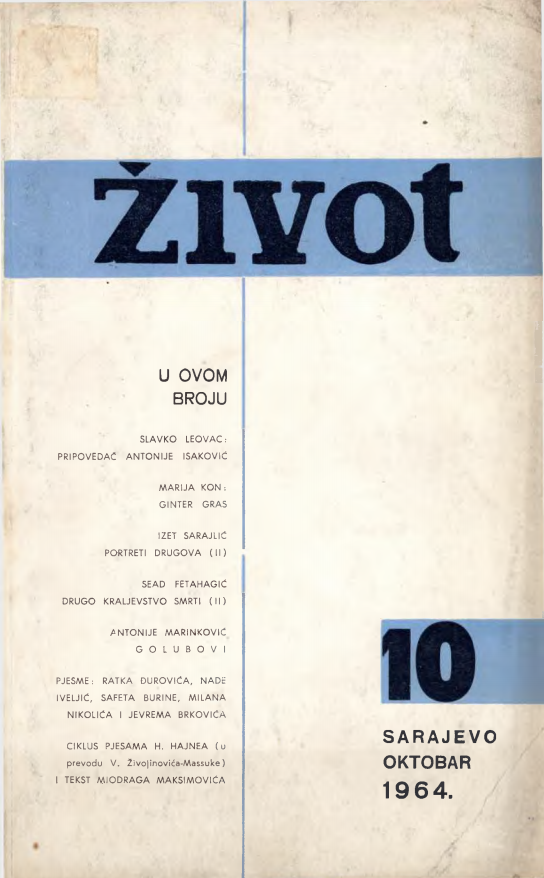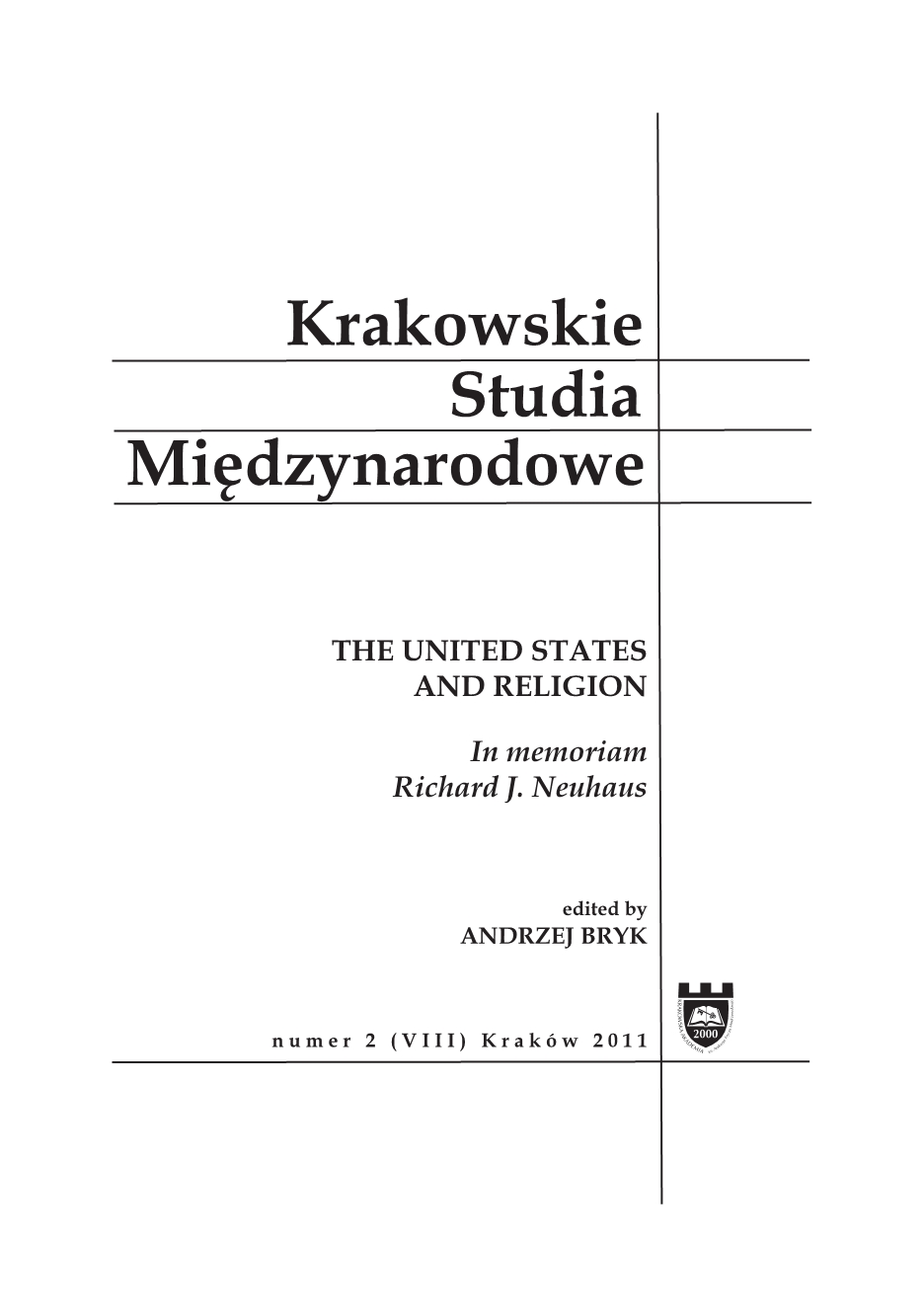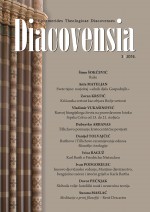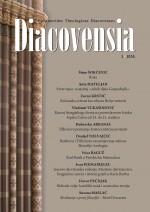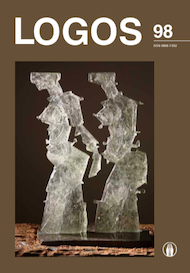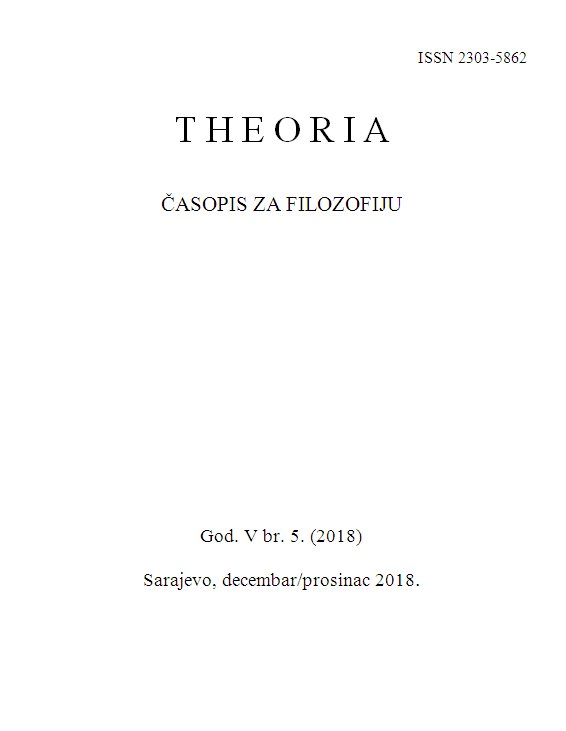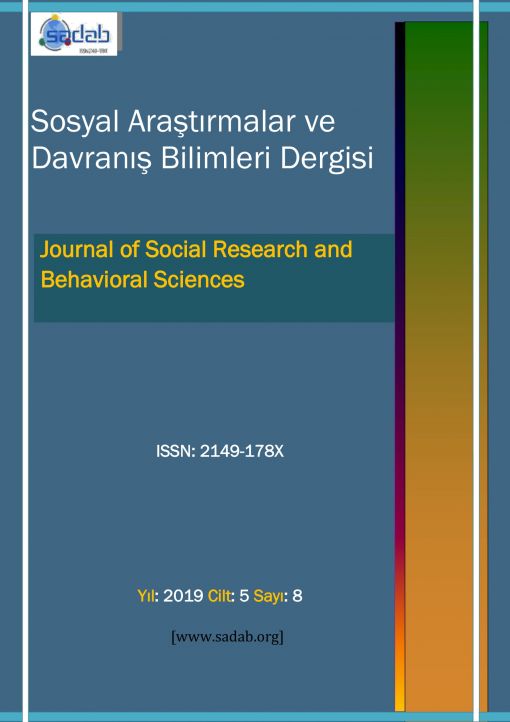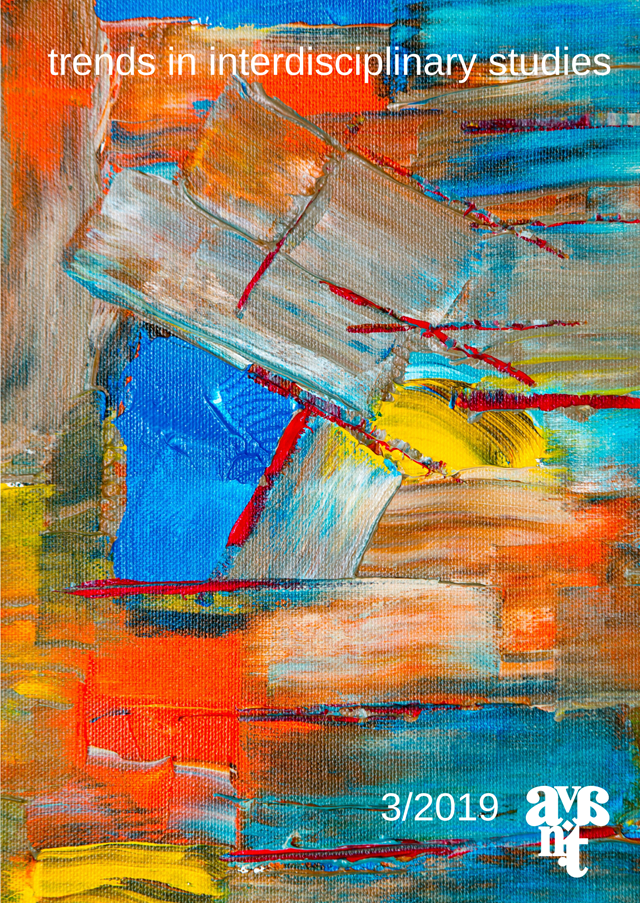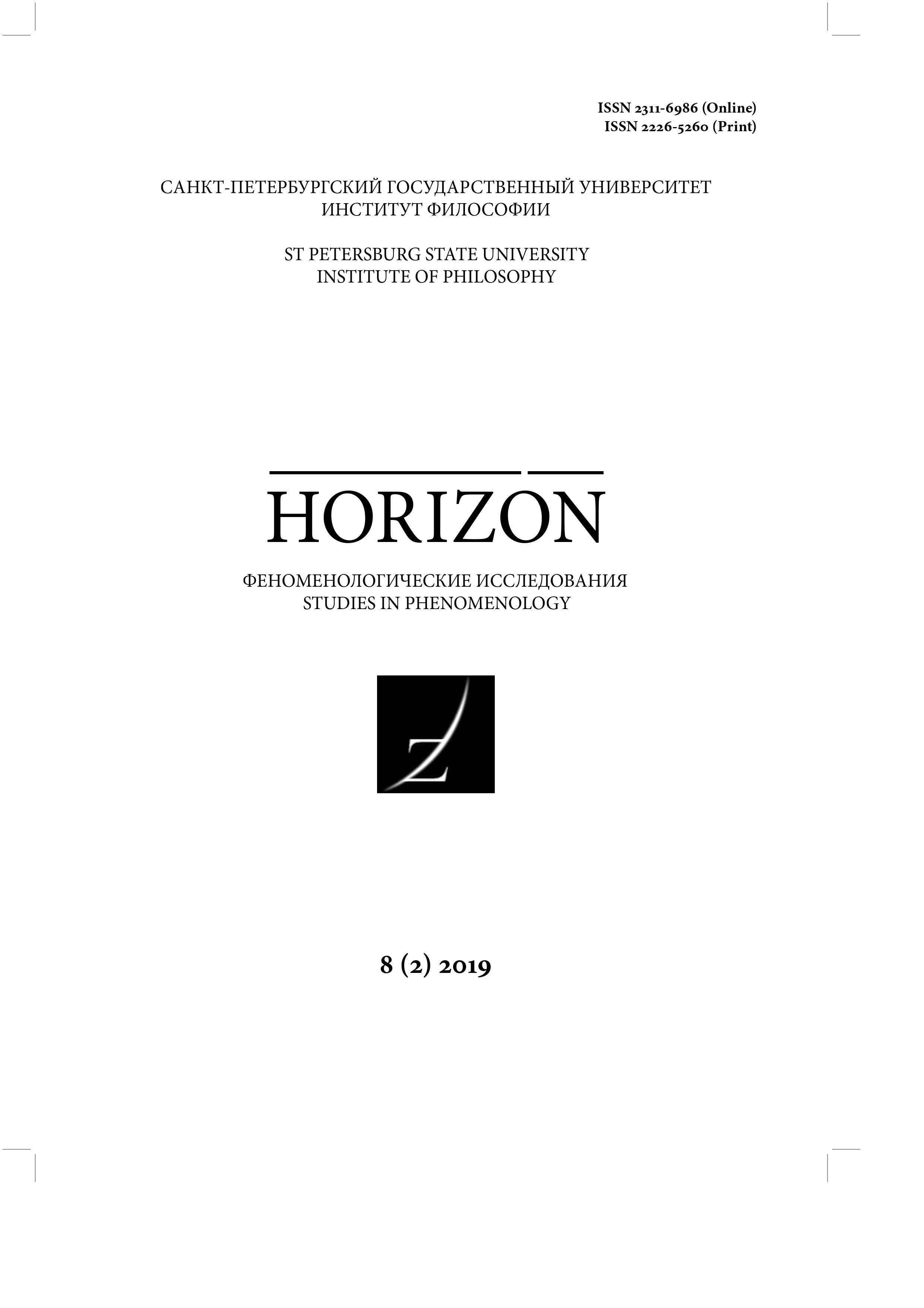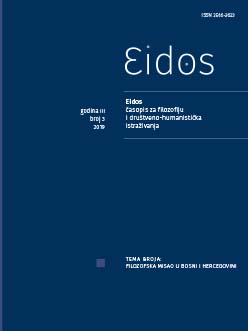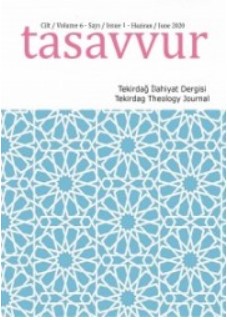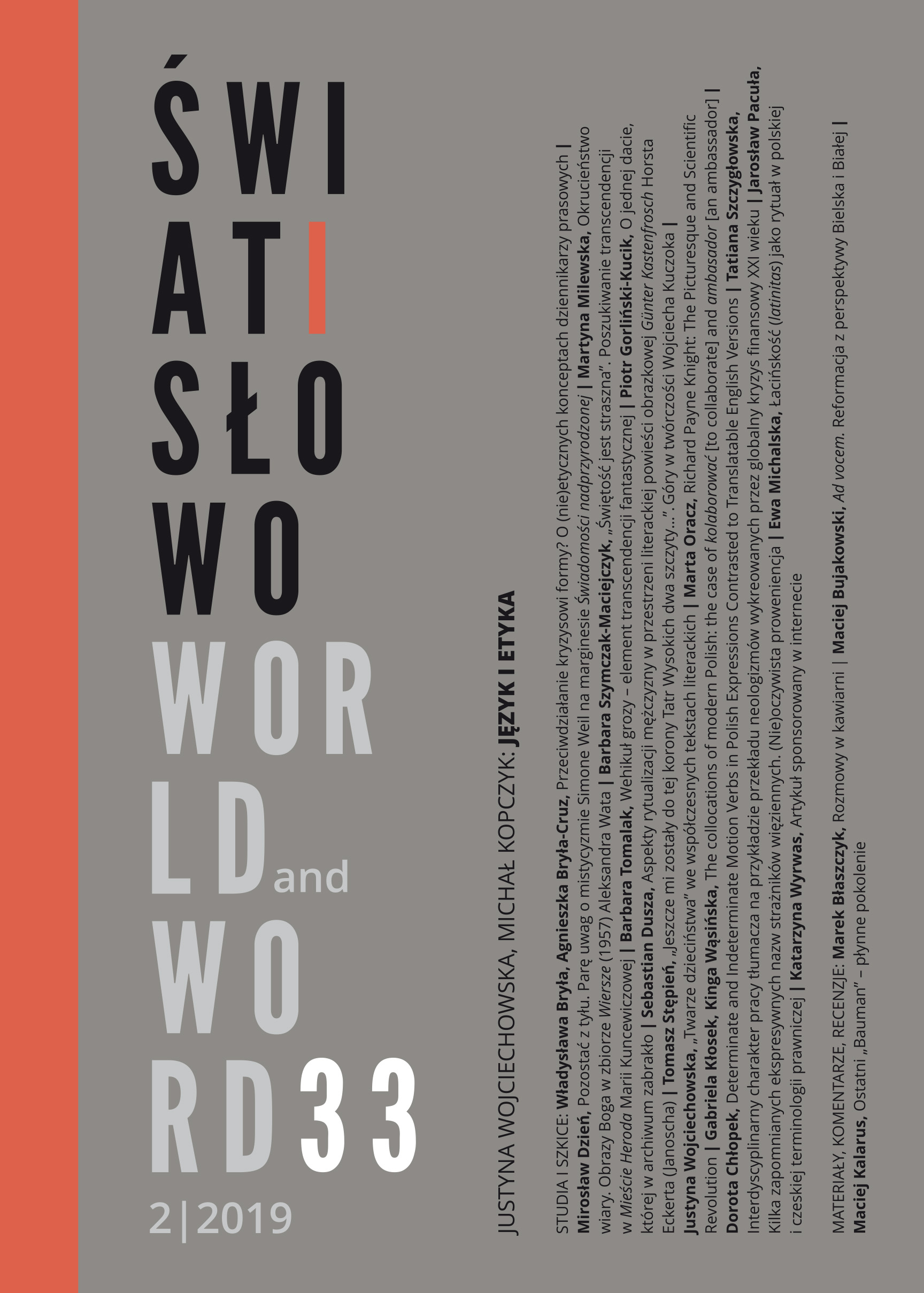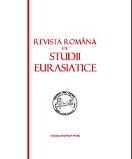
THE ROMANIAN DIMENSION OF EXISTENCE AND THE FRENCH MODEL
One of the most turbulent times in Europe after the Second World War the 1950’s witnessed the active Cultural Society of Criterion, a small group of Romanian philosophers, writers, and artists. Among these Mircea Eliade, Eugéne Ionesco, Emil Cioran, Constantin Noica, and Mircea Vulcanescu gave their contribution to different topics of global interest such as the existentialist philosophy in the modern thought, the surrealist theater, or the Oriental studies. Their legacy is universal as they transcended geographical and spiritual borders. Their transnational writing focuses on major points of interest within the frontiers of their minor culture subordinated to the French influence. This study analyses the minority culture not as an important group to be added to the major culture’s center but rather as an active and creative group. Criterion authors’ identity is therefore multiple, even if unstable. Their works go beyond national identity and look for shared philosophical and aesthetical concepts with the mainstream French model. In this regard major postcolonial concepts defined our understanding of this special cultural case such as: Gérard Noiriel’s national identity, Homi Bhabha’s ideas of culture and nation, Françoise Lionnet’s minor transnationalism, or Paul Ricoeur’s view on history and time.
More...
